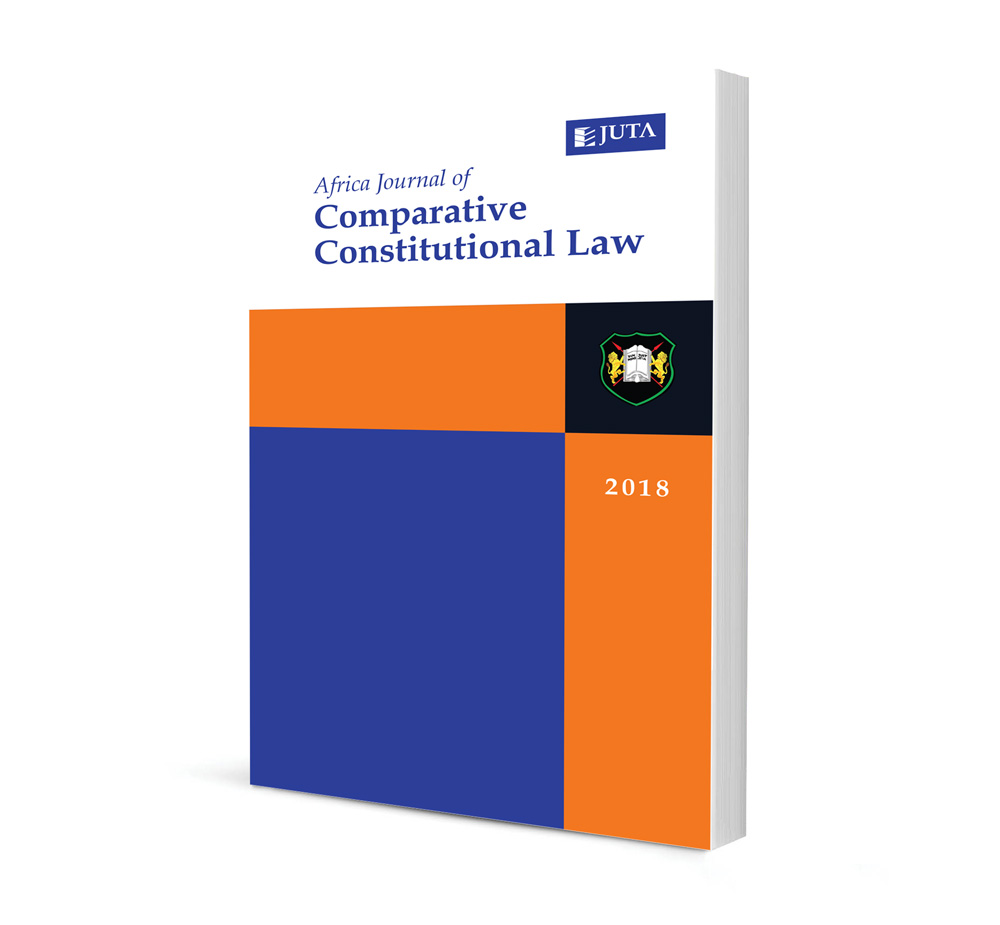
Accommodation and Altercation: The Challenge of Legal Pluralism in India and South Africa
Authors Niharika Bahl
ISSN: 2521-5434
Affiliations: None
Source: Africa Journal of Comparative Constitutional Law, 2016, p. 58 – 89
Abstract
In culturally heterogeneous societies there exist multiple forms of social ordering beyond the ambit of state law. This phenomenon is particularly visible in post-colonial societies of Asia and Africa. Difficulties lie in accommodating plural legal norms within the established constitutional order. Conceptually, legal pluralism seems to be diametrically opposed to the notion of the rule of law. While the principle of the rule of law enjoys an exalted status in modern democracies, the reality is that plurality of legal systems continues to have an impact in society, establishing rules of behaviour, defining ethical norms of social interaction, relieving social and cultural strains, and so on. India and South Africa offer splendid examples of multi-diverse nations with diverse indigenous norms and with value-laden Constitutions. Rule of law guarantee is the core value of both republics. Yet the two nations differ in their approach to provide a space for the accommodation of non-state legal systems within the bounds of constitutional morality. Acceptance of custom as a source of law in the South African Constitution is tempered with a duty for custom to be developed as per constitutional values. Indian courts, on the other hand, are empowered to declare void a usage or custom which runs counter to the fundamental rights. Each approach has led to varying sets of problems and challenges which require being addressed in order to safeguard constitutional supremacy.